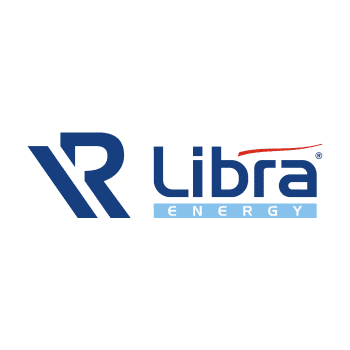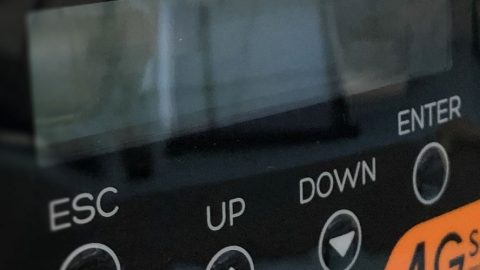Why does an inverter shut down?
Consumers often ask us why an inverter shuts down. In this FAQ we explain when this can happen and why it happens.
1. Not enough sunlight
The inverter is connected to the solar panels that only generate electricity by daylight. In case of sunset, clouds or when there is snow laying on the solar panels, the system will not generate electricity because there is no light. As soon as there is enough light to generate power, the inverter will start automatically. This is a situation that can appear in the winter, during dark and cloudy days.
2. Failure electricitygrid
Whenever there is a power outage or when the inverters’ regulator and/or earth leakage switch is turned off, the inverter does not receive any electricity from the grid. Therefore, the inverter shuts down automatically for safety reasons.
This is due to the following: the electricity generated by the solar panels is temporarily stored in the inverter. The inverter is constantly measuring the frequency and the voltage from the grid and adjusts the generated power to this. At the right moment, the right phase, the inverter will inject the electricity into the grid. Whenever there is a power outage, the inverter automatically shuts down. This is legally bound and written down in several standards that the inverters should meet.
3. Inverter failure
In the event of a failure in the PV-system, the inverter will give an error message. If this is the case, you can read the error message from the display and with the help of the manual you can learn what kind of error it is. You or your installer can fix these failures.
If you are not able to fix the failure, you can always ask our Aftersales team for assistance.
4. High voltage outlet inverter
Does the inverter shut down (several times) during the day? This is mostly due to the level of voltage from the outlet of the inverter. When the voltage is too high, the inverter shuts down automatically for safety reasons.
What causes high voltage?
- The voltage in the residence is already too high (more than 240V)
- The allowable voltage in the connection cable of the inverter is being exceeded, because the cable is too thin.
- The inverter is connected to the phase with the highest voltage.
Checklist for high voltage inverter
- Are the shut-down parameters of the inverter set-up the correct way? The inverter should shut down automatically as soon as it reaches 253 V. As an installer is it wise to look at the settings in order to prevent the inverter to be set-up incorrectly. For example a wrong country setting.
- We advise to keep a voltage drop of a maximum of 1%.
- Is your installation connected to single-phase?
- It can help to switch to a 3-phase connection with a 3-phase of the divide inverter capacity, even though the capacity of the installation is not bigger than 5kW (advisable)
- Check whether the total maximum AC-capacity of the inverter is not higher than 5 kW, for a single-phase inverter. Connected to a single-phase or a three-phase connection.
- Is your installation a three-phase with one or two inverters?
- Replace this situation with a 3-phase inverter, or by three 1-phase inverters, that are each connected to a different phase.
- Check whether the inverter’s total maximum AC-capacity is not higher than 10 kW for a 3-phase inverter, connected to a 3-phase interface.
Still having problems?
Are you still having problems with finding what causes your inverter to shut down? Please contact our Aftersales team at +31 (0)88 88 80 320 or by our contact form.

